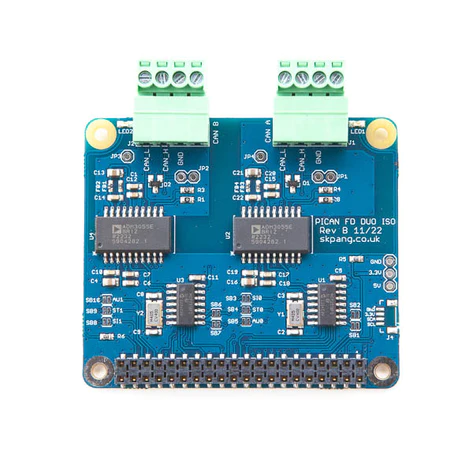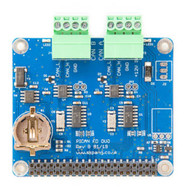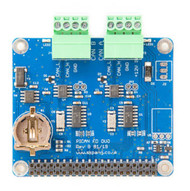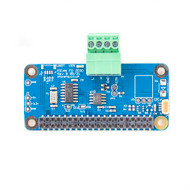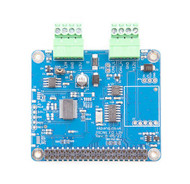- Home
- Raspberry Pi
- PiCAN FD Duo Isolated for Raspberry Pi
Product Description
Free Shipping Within The United States!
This PiCAN FD Duo Isolated board provides two-channel CAN-Bus FD capability for the Raspberry Pi. It uses the Microchip MCP2518FD CAN controller with Analog Devices ADM3055 Isolated CAN transceiver. Connection is made via a four-way plug-in screw terminal. The two CAN FD channels are independently isolated.
The improved CAN FD extends the length of the data section to up to 64 bytes per frame and a data rate of up to 8 Mbps.
Features
- Microchip MCP2518FD CAN Controller
- Analog Devices ADM3055 Isolated CAN transceiver
- Reinforced galvanic isolation
- Arbitration Bit Rate upto 1Mbps
- Data Bit Rate upto 8Mbps
- CAN FD Controller modes
- Mixed CAN 2.0B and CANFD mode
- CAN 2.0B mode
- Conforms to ISO 11898-1:2015
- High speed SPI Interface
- CAN connection via 4 way terminal
- 120Ω terminator ready
- LED indicator
- Four fixing holes, comply with Pi Hat standard
- SocketCAN driver, appears as can0 and can1 to application
- Interrupt RX on GPIO25 and GPIO05
Documents
- MCP2518FD CAN Controller data sheet (PDF)...
- PiCAN FD Duo Isolated for Raspberry Pi - Schematic (PDF)...
- PiCAN FD Duo Isolated for Raspberry Pi - User guide (PDF)...
- Sample Python software (Github)...
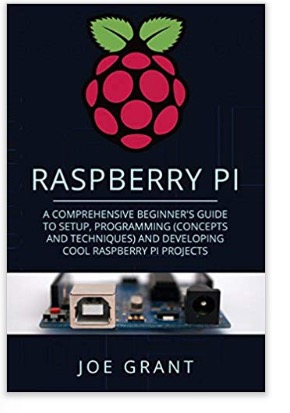 Raspberry Pi: A Beginner's Guide to Setup, Programming Cool Raspberry Pi Projects
Raspberry Pi: A Beginner's Guide to Setup, Programming Cool Raspberry Pi Projects
Programming can feel daunting at times, and it may be especially intimidating to beginners, but with the release of the Raspberry Pi, it became much simpler to learn and more affordable.
The Pi is a tiny credit-card-sized computer that led to the emergence of an entirely new community of geeks.
With this straightforward, easy-to-follow guide, aspiring programmers can now learn the craft without feeling overwhelmed and develop cool gadgets and sophisticated applications.
The Raspberry Pi has sold millions of units since its arrival on the market, and this Comprehensive Beginner’s Guide to Setup, Programming (Concepts and Techniques), and Developing Cool Raspberry Pi Projects will show you why!
 Loading... Please wait...
Loading... Please wait...

